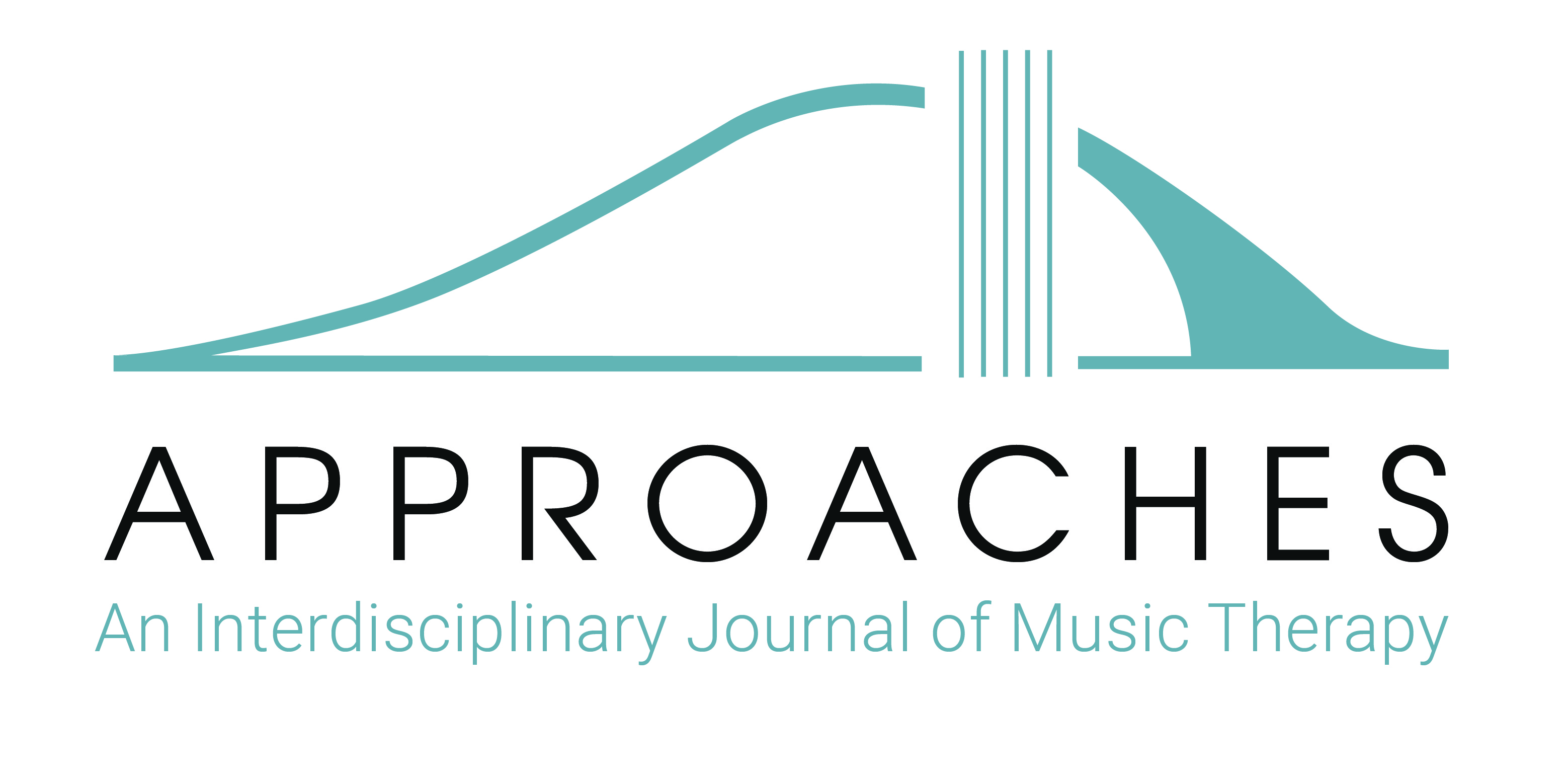Τεύχος 12 (2) 2020 – Article (published on 26 February 2019)
Exploring music therapists’ attitude toward wellness for successful ageing and its inclusion in music therapy training curricula
Lorna Segall
Abstract
Older adults worldwide are living longer and remaining active, contributing members of society. This unprecedented growth presents challenges for public health organisations, families, and communities who would benefit from taking proactive measures to treat this growing population (National Institute of Health, 2016). Some older adults may turn to music to attain a well-rounded healthy lifestyle. For this study, the author aimed to explore currently practising music therapists’ attitudes about: (a) their personal wellness, (b) personal philosophy toward wellness and including wellness interventions in music therapy programmes targeting successful ageing, and (c) how wellness for successful ageing was presented in their training programme. A 32-question survey was sent to 207 currently practising board-certified music therapists in the southeastern region of the United States. The return rate was 32% (N=67). While only 19% of respondents reported feeling satisfied with their educational preparation for working in the wellness environment, 63% indicated a belief that studying wellness for successful ageing is relevant to the practice of music therapy. Strong correlations were found between healthy lifestyles and personal philosophies toward wellness and music therapy. Many music therapists will find themselves working with the ageing population. Constant re-evaluation of music therapy training curriculum from clinicians, educators and supervisors focused on wellness for successful ageing requires consideration.
Keywords
music therapy, wellness, curriculum, ageing
Author biography
Lorna E. Segall, PhD, MT-BC, is director and assistant professor of the music therapy program at the University of Louisville in Louisville, KY. Dr Segall has served as a clinician in areas of hospice, medical, and corrections. Her primary research interests explore music therapy in inmate rehabilitation, end-of- life/bereavement care, and gerontology. She presents and lectures at regional, national, and international conferences. Dr Segall remains an active music therapy clinician and currently serves the prison medical music therapy population. [lorna.segall@uky.edu]
